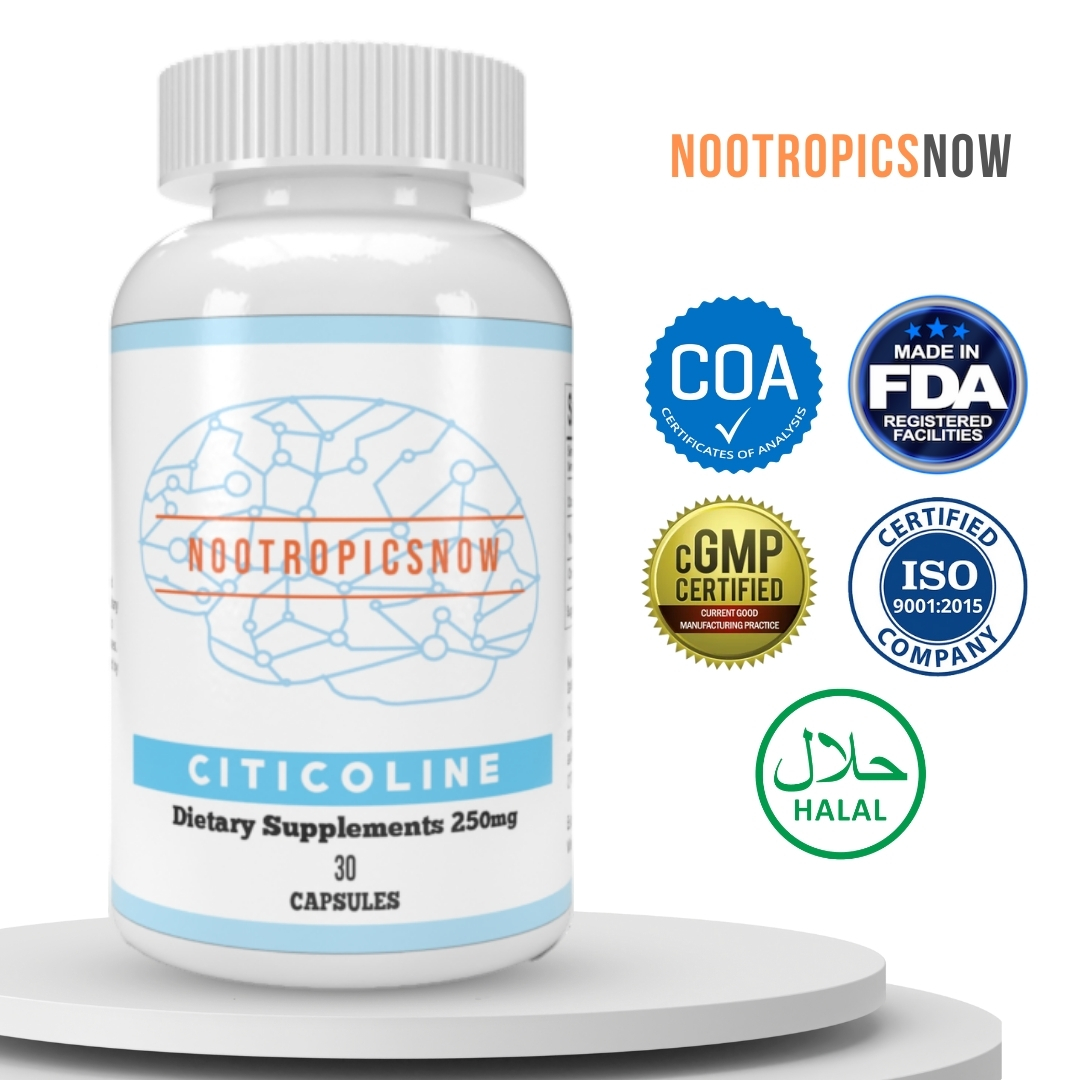Brain Vitamins for Kids: Boost Their Brainpower!

Brain Booster Vitamins for Kids: Nurturing Young Minds
Ensuring optimal cognitive development in children requires a holistic approach. This involves not only a balanced diet and stimulating environment, but also specific vitamins and minerals that act as “brain boosters.” These nutrients play vital roles in supporting memory, focus, and overall brain health. Therefore, knowing which vitamins are beneficial and how to incorporate them safely into your child’s routine is essential for parents.
The Importance of Brain-Boosting Nutrients
The brain, like any other organ, relies on a constant supply of nutrients to function effectively. Deficiencies in key vitamins and minerals can hinder cognitive performance, affecting learning, memory, and even mood. Therefore, a proactive approach to nutrition is crucial, particularly during the formative years when the brain is rapidly developing. A well-nourished brain leads to improved concentration, better problem-solving skills, and enhanced overall cognitive well-being.
Essential Vitamins and Minerals for Cognitive Function
Several vitamins and minerals are particularly important for supporting cognitive development in children. These nutrients serve as the foundation for healthy brain function. They aid in various neurological processes, from building brain cells to facilitating communication between neurons. Supplementing a balanced diet with these essential nutrients can potentially enhance your child’s mental performance and support their academic and social development.
1. Omega-3 Fatty Acids (DHA and EPA)
Omega-3 fatty acids are paramount for brain health. Docosahexaenoic acid (DHA) and eicosapentaenoic acid (EPA) are two critical types of omega-3s that are essential for cognitive development. DHA is a major structural component of brain cell membranes, impacting neuronal function and signaling. Moreover, studies suggest omega-3 supplementation can improve memory, attention span, and overall cognitive performance in children. Children with ADHD often exhibit lower levels of Omega-3, thus supplementing can be beneficial. Omega-3 supplementation is particularly beneficial for children with learning difficulties or attention deficits.
Sources include fatty fish (salmon, tuna, mackerel), flaxseed oil, chia seeds, and walnuts. However, for children who are picky eaters, consider omega-3 supplements like fish oil or algal oil (a vegetarian option).
2. Choline: The Memory Enhancer
Choline is an essential nutrient that plays a critical role in brain development and neurotransmitter function. It’s a precursor to acetylcholine, a neurotransmitter involved in memory, learning, and muscle control. Adequate choline intake supports the structural integrity of cell membranes and promotes efficient communication between neurons. Supplementation with choline can potentially improve focus, memory recall, and overall cognitive function in children. While the body can produce small amounts of choline, obtaining it through diet and supplements is important.
Dietary sources of choline include eggs, liver, beef, chicken, fish, and certain vegetables like broccoli and Brussels sprouts. For children who don’t consume enough of these foods, consider choline supplements, often available in the form of choline bitartrate or CDP-choline.

View Product
3. Vitamin D: The Sunshine Vitamin for Brain Health
Vitamin D is essential for overall health. It also plays a crucial role in brain development and function. Vitamin D receptors are widely distributed in the brain, suggesting its involvement in various neurological processes. Studies indicate that vitamin D influences neuron growth, differentiation, and survival, which are all essential for cognitive function. Additionally, Vitamin D has shown to potentially improve mood and reduce symptoms of depression, which can indirectly affect cognitive performance. Maintaining sufficient Vitamin D levels is crucial for supporting healthy brain development and function in children.
Sunlight exposure is the primary source of vitamin D. However, many children don’t get enough sunlight, especially during winter months or when they spend most of their time indoors. Dietary sources of Vitamin D include fatty fish, egg yolks, and fortified foods like milk and cereals. Vitamin D supplements are also widely available and can effectively boost Vitamin D levels.
4. Zinc: Facilitating Brain Cell Communication
Zinc is a trace mineral that’s essential for numerous bodily functions, including brain health. It plays a critical role in brain cell communication and cognitive development. Zinc is involved in neurotransmitter function, enzymatic activity, and the synthesis of proteins necessary for brain structure and function. Zinc deficiency can impair cognitive performance, affecting attention, memory, and learning. Thus, ensuring adequate zinc intake is crucial for optimal brain function.
Dietary sources of zinc include meat, poultry, seafood, nuts, seeds, and whole grains. Children who are picky eaters or follow vegetarian diets may be at risk of zinc deficiency. Zinc supplements, often available as zinc sulfate, zinc citrate, or zinc picolinate, can help bridge this nutritional gap.
5. Magnesium: Promoting Nerve Function and Mood Regulation
Magnesium is an essential mineral that plays a significant role in nerve function and mood regulation. It regulates neurotransmitters, which transmit signals between nerve cells. Magnesium also helps protect the brain from excitotoxicity, a process where excessive stimulation can damage neurons. Adequate magnesium intake can improve mood stability, reduce anxiety, and improve cognitive performance in children.
Dietary sources of magnesium include leafy green vegetables, nuts, seeds, whole grains, and legumes. However, many children don’t consume enough magnesium-rich foods. Magnesium supplements, available as magnesium citrate, magnesium oxide, or magnesium glycinate, can effectively increase magnesium levels.
6. Vitamins B6 and B12: Essential for Nerve Repair
Vitamins B6 and B12 are essential for nerve repair and overall brain health. They play crucial roles in producing neurotransmitters and creating red blood cells, which carry oxygen to the brain. Adequate levels of B6 and B12 support cognitive functions, including memory and concentration. Deficiencies in these vitamins can lead to neurological symptoms and impaired cognitive performance. It is especially important for children who are vegan or vegetarian to supplement with B12.
Dietary sources of vitamin B6 include poultry, fish, potatoes, and bananas. Vitamin B12 is primarily found in animal products like meat, poultry, fish, eggs, and dairy. Vitamin B6 and B12 supplements can effectively prevent deficiencies and support brain health.
7. Vitamin E: Protecting Brain Cells from Oxidative Stress
Vitamin E is a powerful antioxidant that protects brain cells from oxidative stress and damage. Oxidative stress occurs when there is an imbalance between free radicals and antioxidants in the body, leading to cellular damage. Vitamin E neutralizes free radicals, protecting brain cells from damage and supporting overall cognitive health. It can potentially delay age-related cognitive decline and support brain health in children.
Dietary sources of vitamin E include nuts, seeds, vegetable oils, and leafy green vegetables. Vitamin E supplements are also available and can effectively boost Vitamin E levels.
8. Iron: Facilitating Oxygen Transport to the Brain
Iron is crucial for brain development and function. It facilitates oxygen transport to the brain, supporting neural connectivity and cognitive abilities. Iron deficiency can lead to cognitive deficits, behavioral issues, and impaired motor development in children. Ensuring adequate iron intake is crucial for supporting healthy brain development and function.
Dietary sources of iron include meat, poultry, seafood, beans, lentils, and fortified cereals. Children who are picky eaters or follow vegetarian diets may be at risk of iron deficiency. Iron supplements, often available as ferrous sulfate, ferrous gluconate, or ferrous fumarate, can effectively increase iron levels.
Supplement Options and Considerations
Several supplements combine multiple brain-boosting nutrients to provide comprehensive support for cognitive development. Some popular options include:
When choosing supplements for your child, consider the following factors:
Implementing Brain-Boosting Nutrients in Your Child’s Diet
Incorporating brain-boosting nutrients into your child’s diet can be achieved through various strategies. Here’s how you can ensure your child receives adequate amounts of these essential nutrients:
Cautions and Considerations
While brain-boosting vitamins and minerals can support cognitive development, it’s important to approach supplementation with caution. Before starting any new supplements, consult with your pediatrician to ensure they are safe and appropriate for your child’s individual needs. Additionally, be mindful of the following:
Conclusion
Incorporating brain-boosting vitamins and minerals into your child’s diet can support their cognitive development, enhance memory, improve focus, and promote overall brain health. By prioritizing a balanced diet, including nutrient-rich foods, and supplementing when necessary, you can ensure your child receives the essential nutrients they need to thrive. Remember to consult with your pediatrician before starting any new supplements to ensure they are safe and appropriate for your child’s individual needs. With a holistic approach to nutrition, you can nurture your child’s mind and support their cognitive journey.
Brain Booster Vitamins for Kids: Supporting Cognitive Development and Overall Health

When it comes to ensuring your child’s brain health and cognitive development, the right vitamins and nutrients play a crucial role. Providing adequate nutrition supports their learning, memory, focus, and overall well-being. Here are some key brain booster vitamins and supplements that can significantly contribute to your child’s brain function and health.
1. Omega-3 Fatty Acids (DHA and EPA)
Omega-3 fatty acids, particularly Docosahexaenoic Acid (DHA) and Eicosapentaenoic Acid (EPA), are indispensable for brain health and development in children. These essential nutrients support cognitive function, improve memory retention, stabilize mood, and enhance attention span. They serve as crucial building blocks for brain cell membranes, fostering better communication between neurons. Furthermore, children with Attention Deficit Hyperactivity Disorder (ADHD) often exhibit lower levels of Omega-3s. Therefore, supplementation can be particularly beneficial. Ensuring sufficient Omega-3 intake is crucial for overall cognitive performance.
2. Choline
Choline is an essential nutrient vital for the healthy development of the nervous system and maintaining cell membrane integrity in children. It plays a significant role in neurotransmitter production, particularly acetylcholine, which is crucial for memory and learning. Choline works synergistically with vitamin B12 and folate to improve focus and boost memory capabilities, making it an important nutrient for cognitive enhancement. Additionally, choline contributes to the formation of phosphatidylcholine, a major component of cell membranes, thereby supporting the overall structural integrity of brain cells.
3. Vitamin D
Vitamin D, often called the “sunshine vitamin,” is vital for healthy brain growth and optimal functioning in children. It plays a critical role in influencing neuron growth, which is essential for developmental processes. Vitamin D also supports overall brain function, helping to keep both the mind and body strong. Research suggests that adequate Vitamin D levels are associated with improved cognitive performance and reduced risk of neurodevelopmental disorders. Vitamin D receptors are found throughout the brain, underscoring its importance in brain health.
4. Zinc
Zinc is an essential trace mineral crucial for effective brain cell communication and cognitive development in children. It plays a vital role in neurotransmitter function, which is essential for signal transmission in the brain. Zinc also supports overall nervous system function, making it a critical component of brain health supplements. Adequate zinc levels are associated with improved memory, attention, and learning abilities. Additionally, zinc acts as an antioxidant, protecting brain cells from damage caused by free radicals.
5. Magnesium
Magnesium is a vital mineral that plays a significant role in nerve function and mood regulation in children. It regulates neurotransmitters, which are essential for proper brain function and mood stability. Magnesium is also known for its stress-busting properties, helping to reduce anxiety and improve concentration. Furthermore, magnesium supports healthy sleep patterns, which are crucial for cognitive function and overall well-being. Insufficient magnesium levels can lead to irritability, difficulty concentrating, and sleep disturbances.
6. Vitamin B6 and B12
Vitamin B6 (Pyridoxine) and Vitamin B12 (Cobalamin) are essential B vitamins that are incredibly important for maintaining brain health in children. These vitamins aid in nerve repair, ensuring the efficient transmission of signals throughout the nervous system. They are also crucial for the formation of red blood cells, which carry oxygen to the brain, thereby supporting cognitive functions. Deficiencies in B6 and B12 can lead to neurological issues, impaired cognitive abilities, and fatigue. These vitamins play a role in neurotransmitter synthesis, contributing to mood regulation and overall mental well-being.
7. Vitamin E
Vitamin E is a powerful antioxidant that plays a crucial role in protecting brain cells from oxidative stress and damage in children. Oxidative stress occurs when there is an imbalance between free radicals and antioxidants in the body, leading to cellular damage. Vitamin E helps neutralize free radicals, thus safeguarding brain cells from injury. It supports overall cognitive health, helping to maintain memory, learning abilities, and problem-solving skills. By delaying brain decline, Vitamin E contributes to long-term cognitive well-being.
8. Iron
Iron is a vital mineral essential for brain development and function in children. It plays a critical role in facilitating oxygen transport to the brain, which is necessary for optimal neural connectivity and cognitive abilities. Iron deficiencies can lead to cognitive deficits, behavioral issues, and impaired motor skills. Sufficient iron levels support memory, attention, and learning abilities, contributing to overall academic success.
Recommended Supplements

View Product

View Product
View Product
View Product-Nootropic-Brain-Booster-Motivation-Anxiety-Supplement-i.202321183.22514612143)
Signs of Vitamin Deficiency
Recognizing the signs of vitamin deficiency in children is crucial for prompt intervention and support. Common symptoms include:
If you observe any of these signs in your child, it’s essential to consult with a healthcare provider for a thorough evaluation and appropriate recommendations.
Tips for Parents
Lifestyle Factors that Support Brain Health
In addition to vitamins and supplements, several lifestyle factors can significantly impact brain health and cognitive development in children. Encouraging these habits can enhance the benefits of nutritional support:
By incorporating these brain booster vitamins and supplements into your child’s diet and promoting healthy lifestyle habits, you can support their cognitive development, improve focus, and enhance overall brain health. Remember to always consult with a healthcare provider before making any changes to your child’s supplement routine. Ensuring a holistic approach to brain health, combining nutrition, lifestyle, and medical guidance, is essential for your child’s optimal cognitive well-being.


